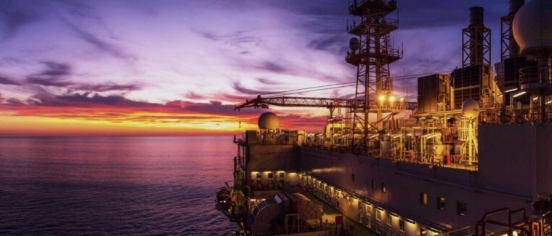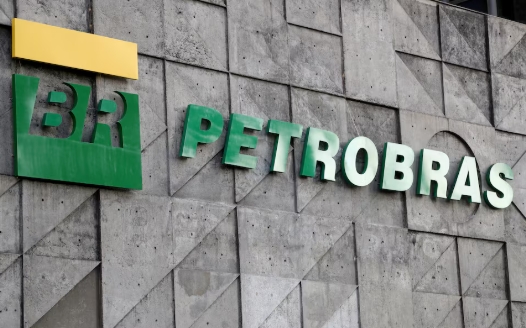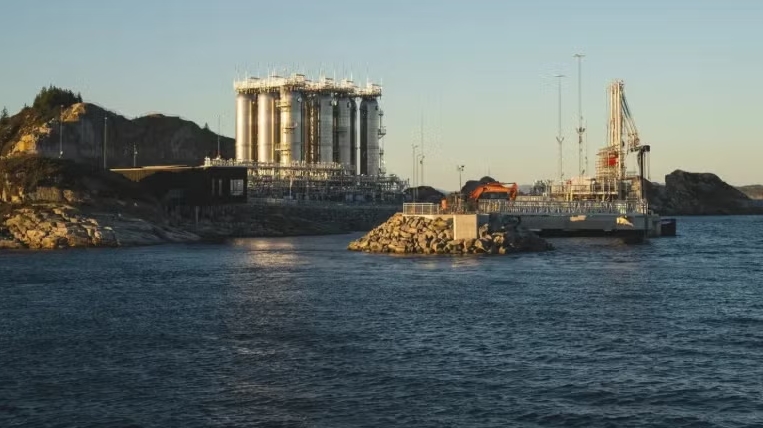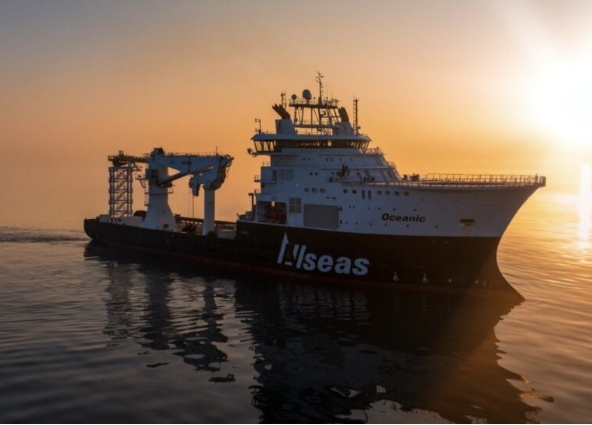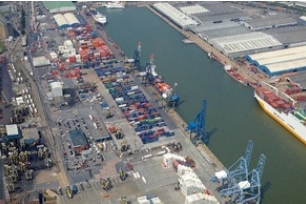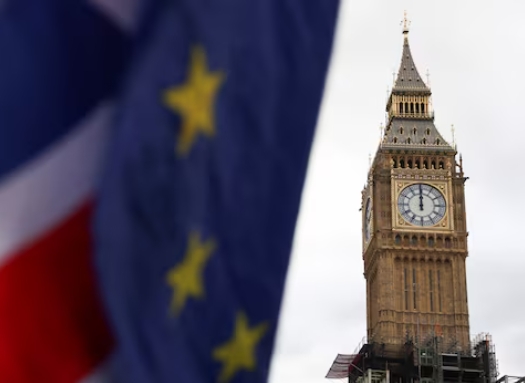The Energy Action Event was one of a series of thematic discussions convened by the Marrakesh Partnership for Global Climate Action during COP25. It was organized jointly by IRENA, The Climate Group, the International Chamber of Commerce, the IEA, REN21, SEforAll, UNEP, and the World Business Council for Sustainable Development. More than 20 speakers during the three-hour event highlighted the momentum of the energy transition, as well as the obstacles that are holding it back.
The discussion centred on three themes: short-term opportunities and challenges; forward-looking plans and strategies in place today that are putting us on a 1.5°C pathway; and taking forward and scaling up initiatives that were launched at the UN Secretary-General’s Climate Action Summit in September 2019.
Significant progress has been made in the power sector with the uptake of renewable energy and energy efficient solutions. For other sectors, such as transport, heating and cooling, progress is falling short of what’s needed. Several obstacles and challenges were seen by participants as impeding progress.
At the top of the list was antiquated regulatory frameworks that are not designed to meet today’s needs. Carlos Salle of Iberdrola pointed out that construction of solar and wind facilities is subjected to regulations which were designed for technologies such as nuclear power. As a result, what can be built in a year may take 4 to 5 years in practice to bring online.
Another challenge that needs to be overcome is the outdated mind-set which confuses investments with costs. There is a persistent myth that reducing emissions is expensive and therefore detrimental to business. But as one speaker asked, “Is there any company or government that has cut emissions and did not save money or grow?”
Other speakers recommended that legally mandated targets be adopted and enforced, that we adopt a more holistic approach in thinking about energy services, and that the value of nature be included in the cost-benefit equation. Several exciting initiatives to accelerate the transition were discussed. It was noted that these initiatives while important in and of themselves, are also aimed at catalysing further action by others. By working together, governments at all levels, companies, inter-and non-governmental organizations and others, can become more than the sum of their individual parts.
The Marshall Islands representatives underlined the urgency to action in line with the COP25’s theme “Time for Action”. Kathy Jetnil-Kijiner, Climate Envoy of her country, said that achieving the 1.5 C target under the Paris Agreement is a question of survival for the small island developing states (SIDSs). As part of the High Ambition Coalition, the island has an aspirational target of net zero emissions by 2050 at the latest.
One of the key take away messages from the day was the fact that both climate change and the energy transition touches all facets of economies and societies, and therefore require a systemic approach both to succeed and to ensure everyone is part of the discussion and no one is left behind. As Chilean climate champion Gonzalo Muñoz pointed out at the opening of the session, the climate crisis is an empathy crisis. Making the world climate safe, by accelerating the global energy transition is incumbent on all of us.
